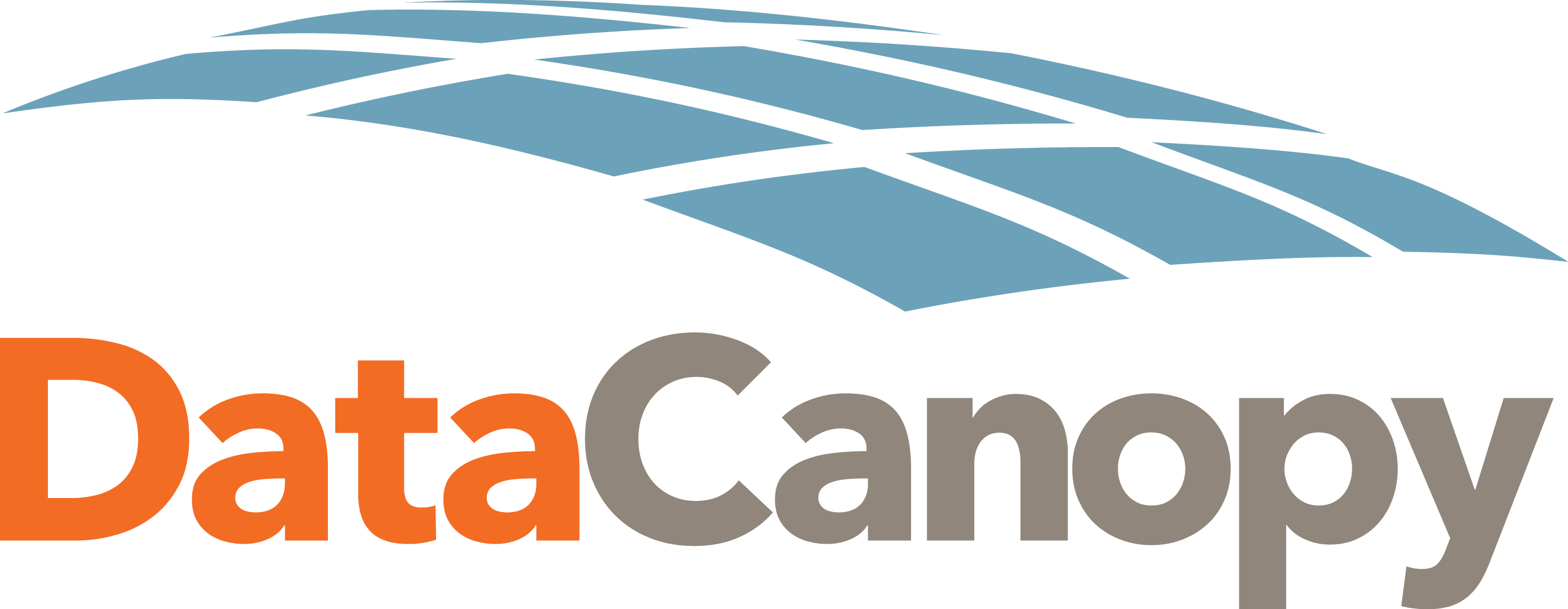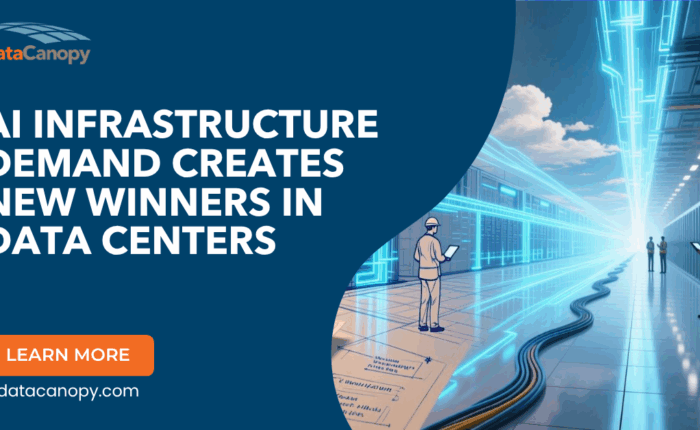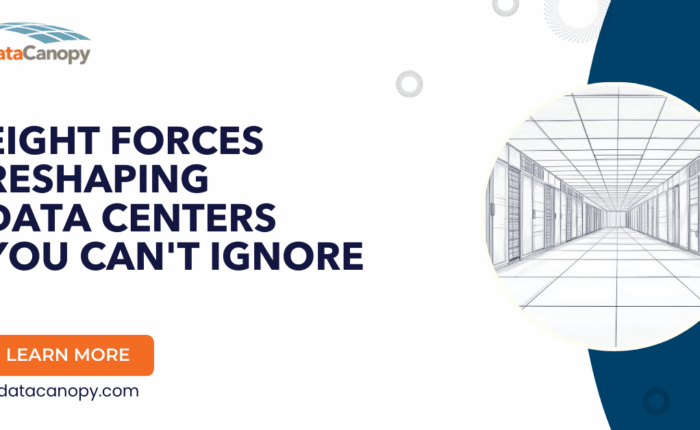
The standard in data housing used to be an in-house solution. Expensive servers housing invaluable business data were stored in a small, dark, dusty closet or designated space within your office. With the ever-changing field of technology, colocation data centers are becoming the choice for many organizations as a viable option for hosting their equipment. This is mostly because small and large organizations now have the ability to leverage the benefits of a modern data center at an affordable rate. There are many factors to consider when deciding between a server closet (in-house storage) or colocating in a data center. The value of a data center, the growth of your business, control over your data and compliance are all factors when considering a data center solution.
Value: If you are just starting a business or are in the process of needing more servers, the upfront cost to buy your own verses leasing space is substantial. Add in the additional cost of power and square footage used in your office space to house the servers and this represents a large chuck of your budget. The cost to maintain a cooled, low-humidity, dust free environment in order to optimize your servers’ performance can add up. A data center already maintains this type of environment and should also meet strict security standards that are costly to implement on premise. When housed in a data center, your hosting costs are bundled into a cost-effective monthly rate.
Growth of Business: With colocation you have greater flexibility and can more easily scale when you are ready to grow. When you host in a data center, you can add more space and bandwidth quickly instead of waiting months to reconfigure and restructure your in-house space, which also can result in significant costs.
Further, an on premise data center requires ongoing maintenance and careful monitoring by your IT staff to ensure that the infrastructure supporting your servers is continuously performing. According to Glassdoor the national average salary of an IT-professional is $83,153. An individual earning that salary would better serve your business by helping to grow it and not by babysitting your servers.
Control: Hosting your equipment in a third-party data center might seem counter intuitive when you want to retain control over your data. However, by storing your servers in a data center, you can ensure control over who has access to your servers and exert the same oversight over your data as you can with on premise hosting. Data centers have on-site security protecting the facility along with key-card or biometric scanners limiting physical access to your equipment. With 24x7x365 security, data centers are built to meet the strictest regulatory standards, while your server closet may not be able to offer the same level of security or control you need with the budget you have.
Compliance: Meeting industry regulations, such as HIPAA, FISMA, or PCI-DSS, is a large undertaking that touches all aspects of your data management, including your data center. Many data centers have already achieved a variety of industry and federal certifications. When you host in a colocation data center, auditors would only need to review the certification held by the facility, saving you substantially in time and money.
When you weigh the true costs, limits to growth, and security benefits of a data center against on premise hosting, in most scenarios the data center wins. No matter the size of your business, you can benefit from a state of the art data center facility.
If you have any questions or need a custom solution, contact us, we will help you to decide if a data center is the right fit for you.



